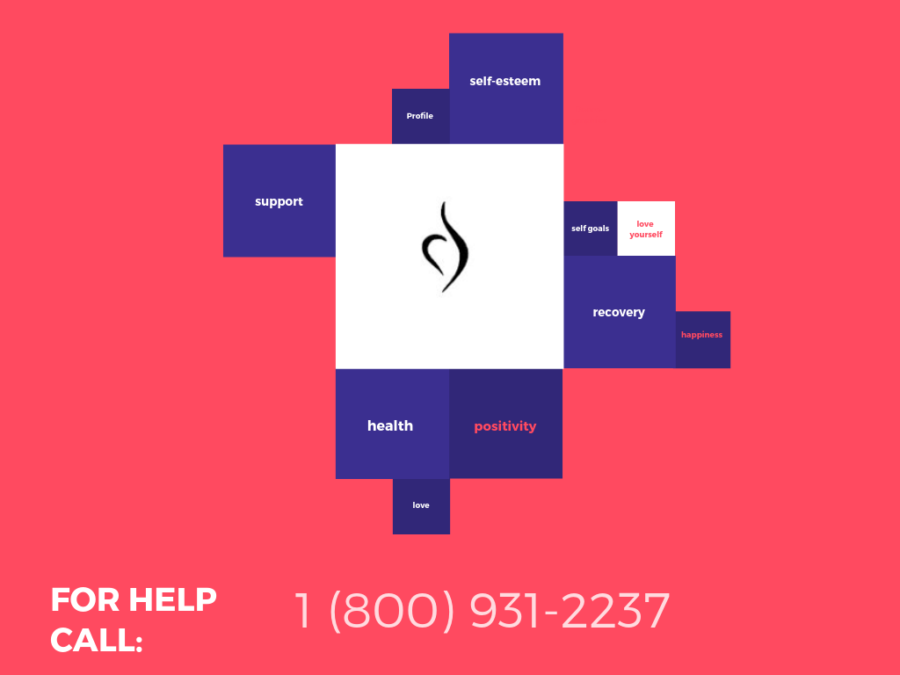Anorexia: How to Get Hep
Anorexia is a serious and devastating mental illness that affects thousands of people of every age every day. Admittedly, this is a personal struggle, and also one for many people I care for. Because of this, I hope to inform and help people with this article to help themselves and others with dealing, and hopefully getting rid of, this illness.
About it:
Anorexia is a mental illness that affects over 200,000 people in the US alone each each. It can last for years or even be lifelong. People experiencing this condition may be underweight, and also depressed, irritable, and have low self-esteem. However, the illness differs for each individual.
Physical symptoms:
Insomnia, constipation, stomach cramps, dizziness, weakness in muscles, fatigue, feeling cold, dry skin, hair, etc. brittle nails, hair, lanugo (fine hair on body), etc. Anorexia can be fatal to many people if not taken care of. When people consume not enough calories, their body begins to burn its own tissue. One of the tissues are muscles, which include the heart. A person’s pulse and blood pressure may begin to drop, and heart failure becomes a possibility. People may also experience abdominal, neurological, and hormonal problems. There are many other severe consequences to anorexia, which can be fatal and drastic.
Statistics:
According to a 2007 study, it was discovered that of 9,282 students, 0.9% of women and 0.3% of men suffered from anorexia in their lifetime. People between the ages of 15-20 are 10 times more likely to die than their peers.
HOW YOU CAN GET HELP:
Ask friends or family for support, or go to your guidance counselor or a therapist. Surround yourself with healthy (both mentally and physically) and positive people, or even if you need to, call the confidential anorexia hotline, toll free, from Monday – Thursday (9:00 to 9:00) and on Friday (9:00 to 5:00): 1 (800) 931-2237. You can also visit NEDA’s (National Eating Disorder Association) website, https://www.nationaleatingdisorders.org. Some tips are also to not compare yourself to others, look at unhealthy images, think unhealthy thoughts, and just focus on how wonder and amazing you are and constantly tell yourself positive self-affirmations and compliment yourself. Also remember: You are not alone. No matter what you think, you always have somebody.
HOW YOU CAN HELP SOMEONE ELSE:
Tell them how they can help themselves, first of all, and also don’t get annoyed when they’re having a bad day. If you see them doing something unhealthy (restricting, binging, purging, negative self-talk, self harm, looking at unhealthy images, etc.) try to stop them immediately and if they don’t, let someone know. Don’t be afraid if they’ll get mad at you for telling; their health and life is more important than them being angry with you for a couple days. Don’t tell them negative or critical things about their body or eating habits; it won’t help. Also, remember: you are not their therapist. You may accidentally say something that will trigger them, even though you don’t mean to, so be careful about what you say.










